Youth Campaign FAQs
Do you have questions about the Youth Vigilance campaign? See below to find answers to some of your FAQs.
If I report something and it turns out to be nothing, will I get into trouble?
No absolutely not. We would rather someone reports something they feel isn’t right, than not at all. Our specialist teams investigate every report and we only take action if necessary.
Who is Matt Jukes?
Matt Jukes is the Head of Counter Terrorism Policing. He is the equivalent to a Chief Constable of a police force, so he oversees everyone who works in Counter Terrorism Policing.
Why is Counter Terrorism Policing working with Max?
Counter Terrorism Policing is keen to reach different age groups with its messaging and make sure everyone knows the role they have in helping the police to stop terrorism. Max has a very powerful story as a survivor of the Manchester Arena attack and CTP wanted to help share his story.
How do I report?
There are a number of ways you can report. If you see something that doesn’t feel right you can report online through gov.uk/ACT, or you can tell a trusted adult. If it’s an emergency and there is something happening or there is a threat to someone’s life you can call 999.
How do I know if something is terrorism or just crime?
If you’re unsure of something – but worry that there might be an immediate threat – you’ll never be wasting our time by reporting. Pick up the phone and call 999 and let us help.
What if I see something that doesn’t feel right, but I can’t speak or get to a phone?
You can report something to a trusted adult, someone like a family member, teacher, a member of security or a police officer.
What should I do if an attack is taking place?
Get to safety immediately – don’t attempt to confront the attacker. If you can’t run away then hide. Only once safe to do so, call the police on 999. Stay where you are until the police arrive.
I think my friend is watching extremist videos online but I don’t know what to do.
You can in the first instance tell a trusted adult like a teacher or a police officer so they can help them get the support they need.
My friend has changed, they don’t come out anymore and they’ve been saying things that seem extreme.
If you have concerns about your friend, in the first instance tell a trusted adult like a teacher or a police officer so they can help them get the support they need.
What is radicalisation?
Radicalisation is when someone starts to support terrorism and extremist ideologies associated with terrorist groups.

